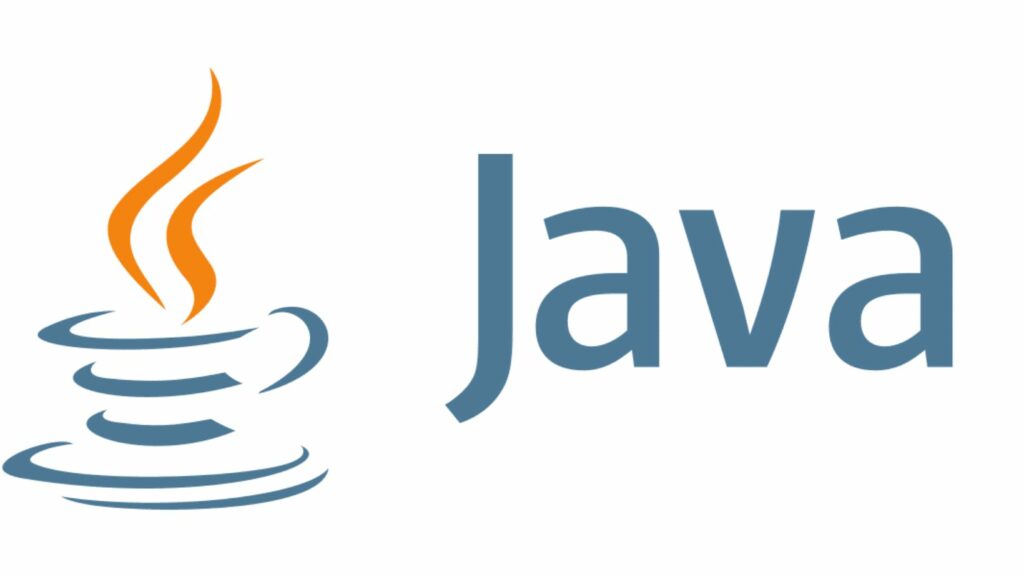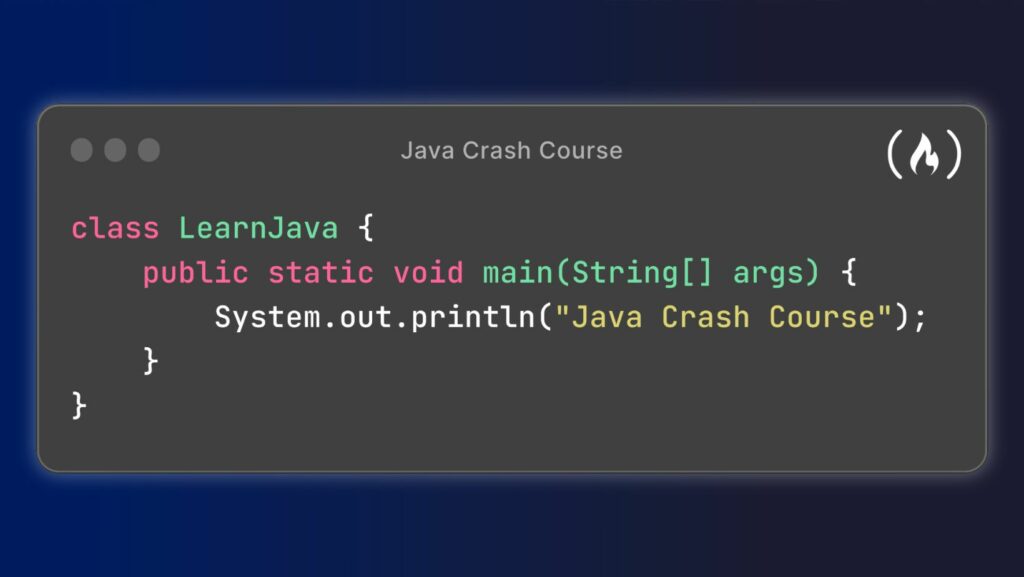
Java Application Servers

Navigating the realm of Java application servers can be both exciting and daunting. As a seasoned developer, I’ve witnessed firsthand the pivotal role these servers play in ensuring the seamless functioning of Java-based applications. From Tomcat to WildFly, the choices can seem overwhelming, but fear not, as I’m here to guide you through the essentials.
In this article, I’ll delve into the intricacies of Java application servers, shedding light on their importance, key features, and how to choose the right one for your project. Whether you’re a novice exploring the world of server-side Java or a seasoned pro looking to optimize performance, understanding the nuances of application servers is crucial for success in today’s tech landscape. Let’s embark on this enlightening journey together.
Overview of Java Application Servers

Java application servers are software frameworks that provide a runtime environment for Java-based applications. They play a crucial role in deploying, managing, and running Java applications, ensuring seamless communication between the application and the server. These servers are designed to handle the execution of Java code efficiently, offering features like security, scalability, and performance optimization.
In modern software development, Java application servers are essential components that enable developers to build robust, scalable, and secure applications. They facilitate the deployment of Java applications, managing resources effectively to ensure optimal performance. By incorporating features like load balancing, clustering, and fault tolerance, these servers enhance the reliability and availability of Java-based systems. Understanding the role of Java application servers is fundamental for developers looking to create high-performing and resilient applications in today’s competitive technological landscape.
Performance Metrics
In evaluating Java application servers, I focus on specific performance metrics to ensure optimal operation. I analyze metrics like throughput, response time, and latency to gauge the server’s efficiency. By monitoring these metrics, I can identify any performance bottlenecks and address them promptly, ensuring smooth application functionality and user satisfaction.
Scalability and Clustering
When assessing Java application servers, I prioritize scalability and clustering capabilities. I consider how well the server can handle increasing loads by distributing resources across multiple instances. Scalability ensures that the server can accommodate growing user demands without compromising performance, making it essential for dynamic and resource-intensive applications.
Security Features
Security is a paramount consideration when selecting a Java application server. I look for robust security features such as SSL/TLS support, authentication mechanisms, and data encryption to safeguard sensitive information and protect against cyber threats. Ensuring that the server adheres to industry standards for security protocols is crucial for maintaining the integrity of the application and preserving user trust.
Popular Java Application Servers

Apache Tomcat, known for its lightweight nature and ease of configuration, is a widely used Java application server. It provides a robust environment for Java applications, offering features such as servlet and JSP support
Oracle WebLogic stands out for its enterprise-level capabilities, making it popular among large organizations. It offers advanced features like clustering, security policies, and high availability to ensure reliable performance for Java applications.
Red Hat JBoss, with its strong open-source foundation, is favored for its flexibility and extensibility. It supports Java EE technologies and microservices architecture, making it a versatile choice for developers seeking scalability and customization options.
Assessing Business Needs
When selecting a Java application server, it’s vital to align its capabilities with your specific business requirements. I’ll consider factors such as the expected traffic volume, the complexity of your applications, and the need for scalability. It’s crucial to determine whether the server can handle your current and future workloads efficiently.
Compatibility with Existing Systems
Integrating a new Java application server should seamlessly fit into your existing infrastructure without causing disruptions. It’s essential to check for compatibility with your operating systems, databases, and other technologies in use. I’d prioritize servers with robust integration capabilities that can work harmoniously with your current systems to ensure a smooth transition and operation.
